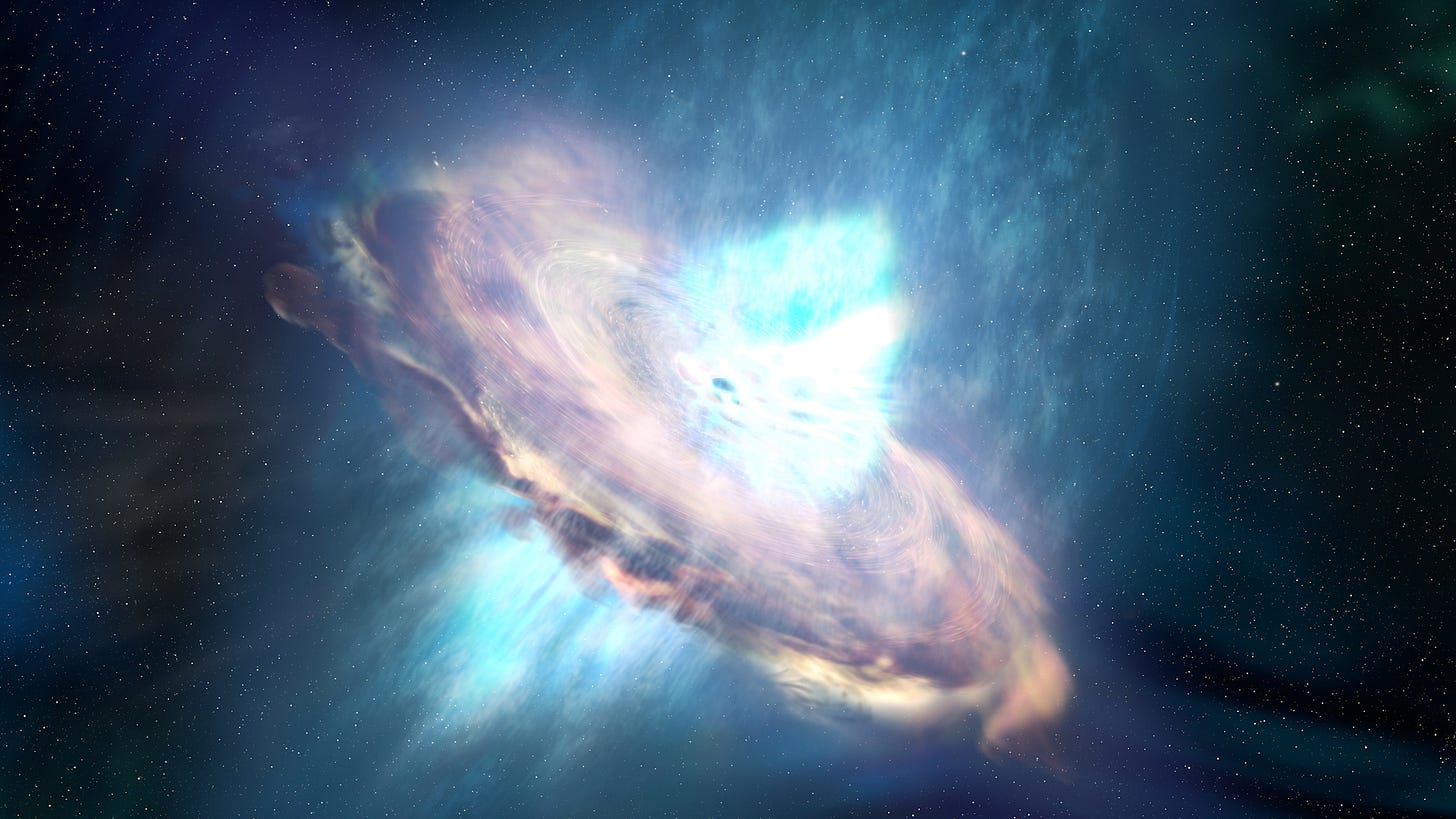The code: a preview of my new album
This music is escapist in a positive sense, offering a temporary and alternative reality to stimulate the imagination.
If you are reading this in an email, click on the title of the piece to take you to Substack post so you can hear the audio.
Passing Star. This audio is one of five compositions from the album The Code. Listen on headphones or good speakers to hear the full spectral range.
I played this composition to a student who came out to Valencia to study with me for a few days. She said that it made her think of Denis Villeneuve’s recent film Dune. I thought this was a perceptive remark, as I was reading the novel while creating the music and had watched Villeneuve’s film not long before. I remembered Hans Zimmer’s score as intense and appropriate, though I cannot remember the details.
This album ultimately thrives in completeness, as the five compositions connect in a way that is intended to give a sense of voyage. There is no plot, but there is an emotional narrative, comprised of a summary and documentation of a sound world that emerged from a generative algorithm I coded. Only after listening to this space for weeks and months, becoming a virtual inhabitant of it night after night, did I feel able to communicate something of its nature.
This idea of a distinct sound world is explored in Victor Segalen’s Essay on Exoticism, the aesthetic of which he describes as ‘para-sensory exoticism’.
(…) the creation of a world different from our own by its selection of a particular sense as the predominant one (a sonorous world, an olfactory world, etc.)
The process that inspired this project started with an article I wrote called The garden in the machine: disembodied music. For that article, I experimented with generative music to create a composition comprised of thousands of sine waves that combine to form a massive polyrhythm. The result is music with no sense of a regular time cycle, as hundreds of cycles are layered on top of each other in a complex interaction that leads to an inevitable sense of loss of place within its flow. Resigning to this pleasant disorientation becomes part of the listening process, as if one were surrounded by hundreds of clocks ticking at different speeds.
The music is escapist in a positive sense, offering a temporary and alternative reality that stimulates the imagination. Its unfamiliar tuning, chords, and rhythms sounded, even to me, alien at first. But like all music, it is ultimately autodidactic, revealing everything to the listener who provides undistracted time and attention. Though created from code, it is shaped by emotion. Ultimately, it is an expression of the patterns and maths embedded in the fabric of reality, with the computer serving simply as a tool to animate them into sound.
I will finish with a quote from the novel Dune, which I have mentioned before, that summarises how I feel about the music better than I can.
What senses do we lack that we cannot see or hear another world all around us?



Wow, what a texture! This is very much the "vertical" music that I've been writing about (https://substack.com/home/post/p-141322950?source=queue) and it definitely has a cinematic quality. Dom I didn't know you're in Spain.... I may be touring there later this year, if so, perhaps there's a chance to meet in person! Congrats on the release...hopefully your subscribers are going to hear more tracks?
Magnificent! This has the full force and beauty of a natural phenomenon like a wave or a storm - but benign with no threat. Great width of sound